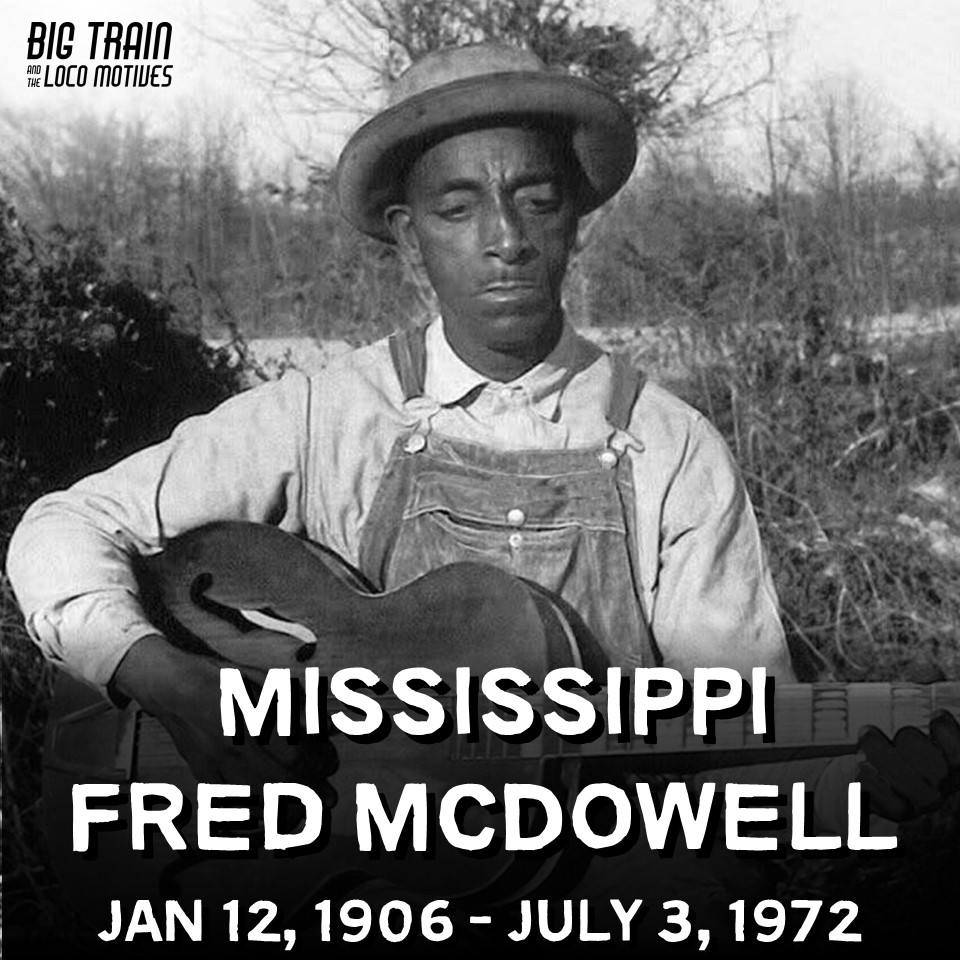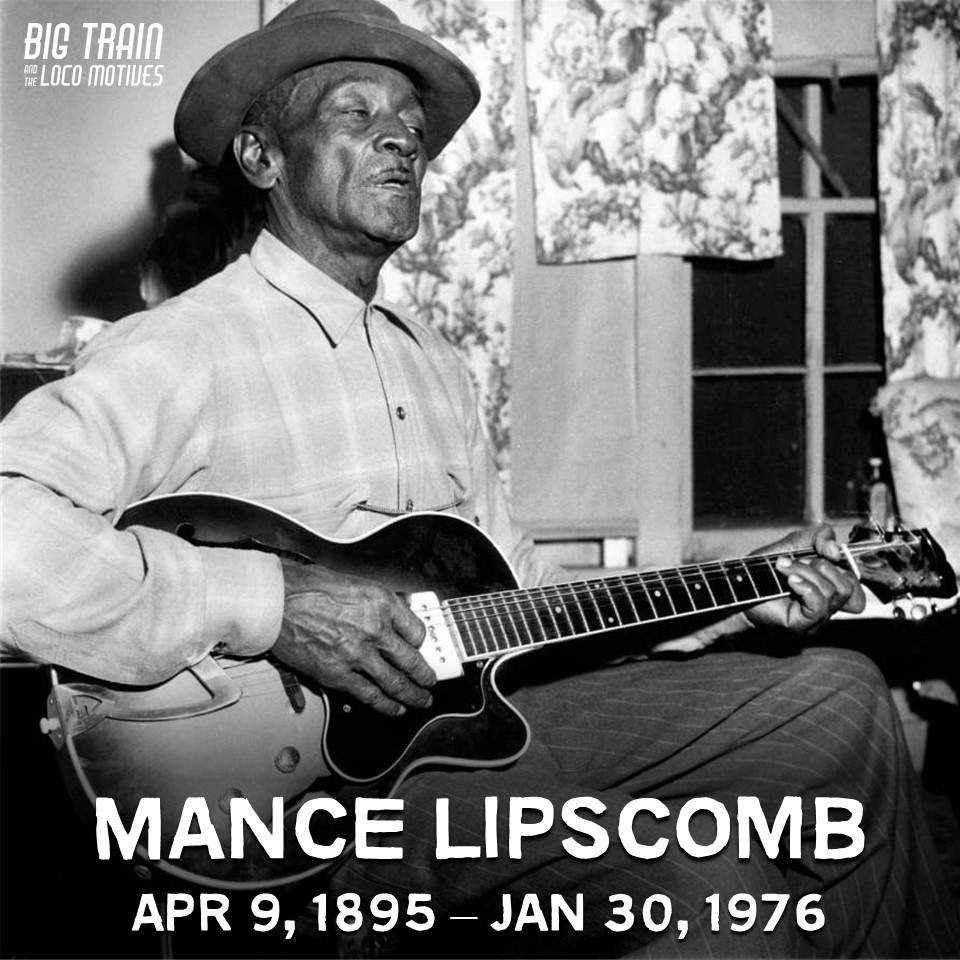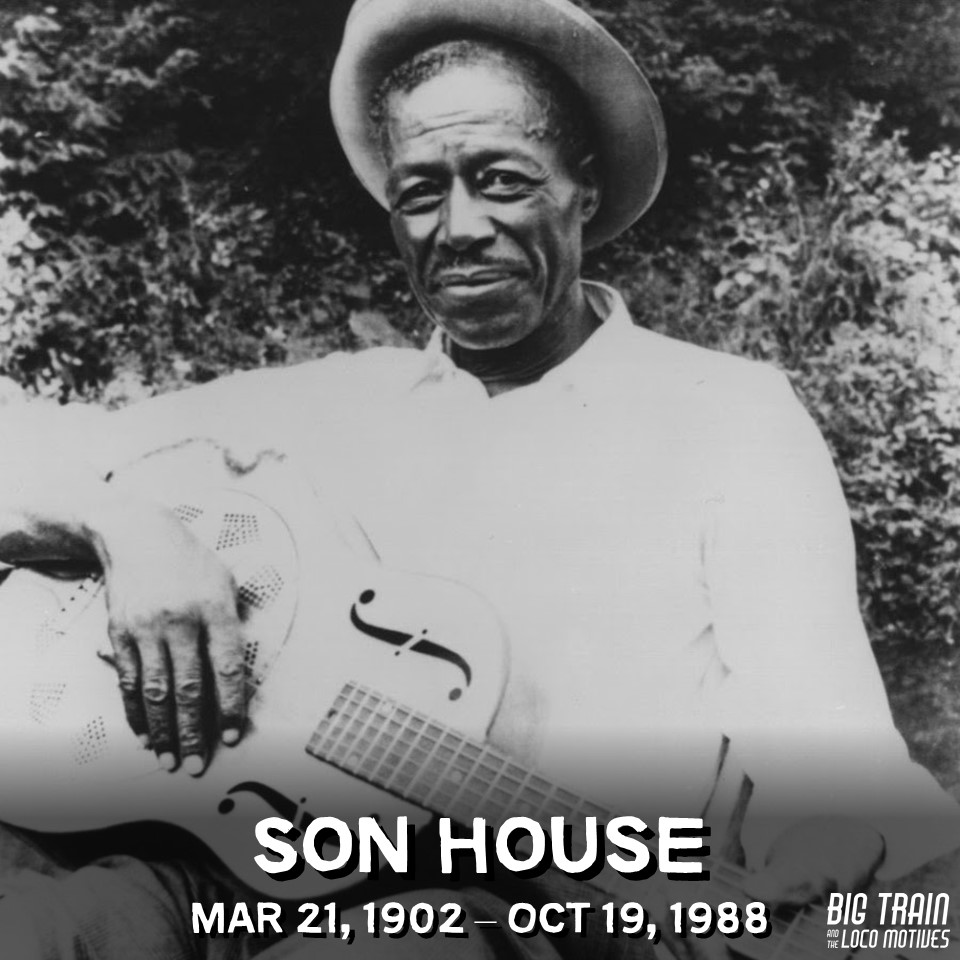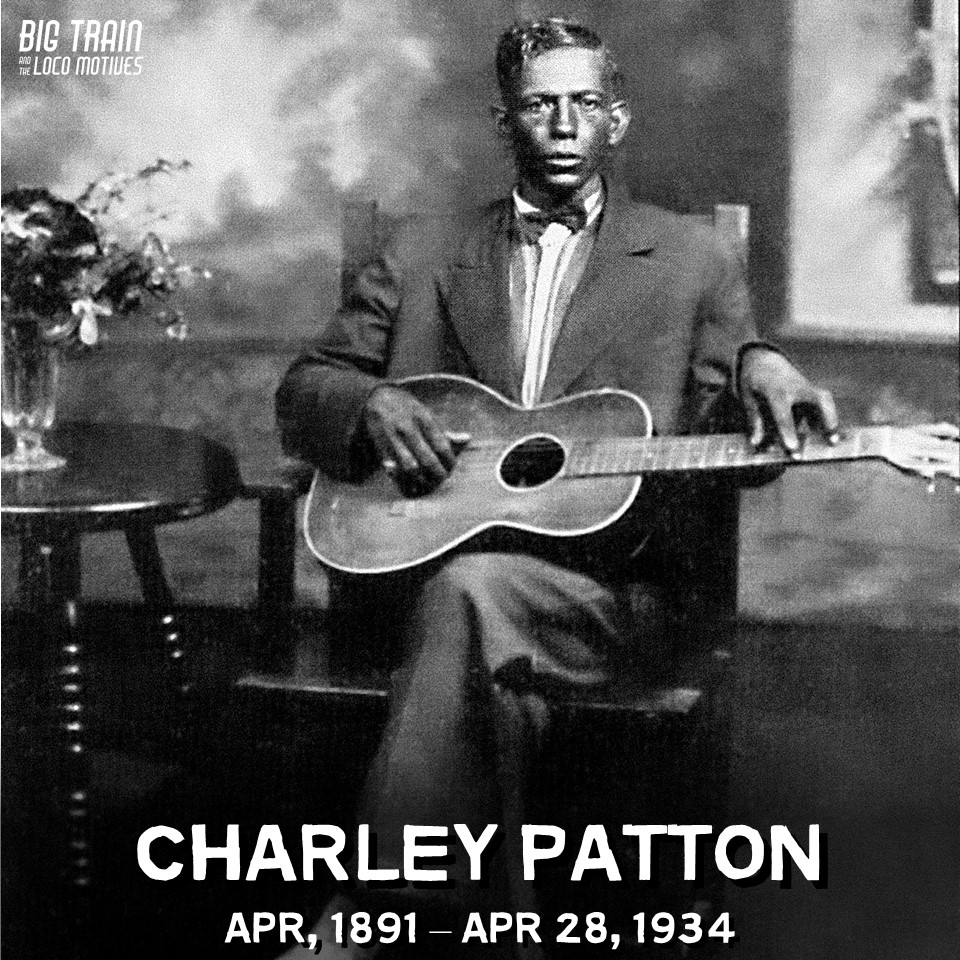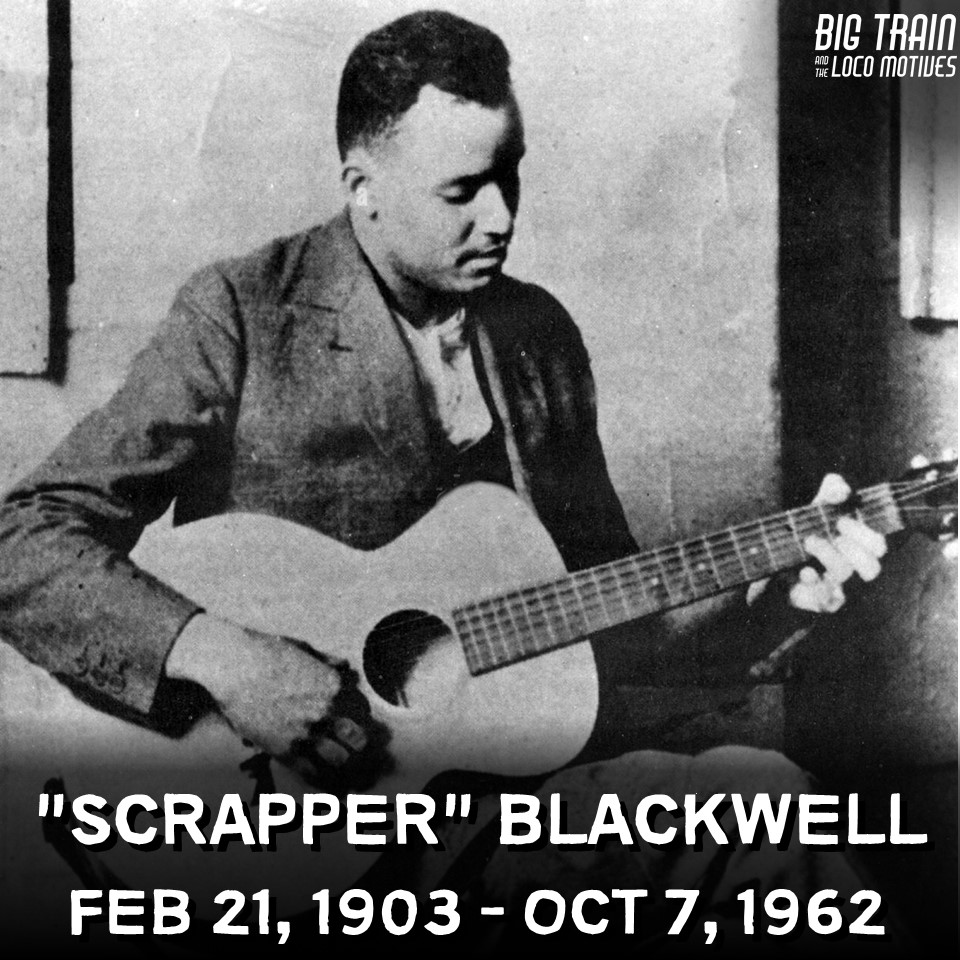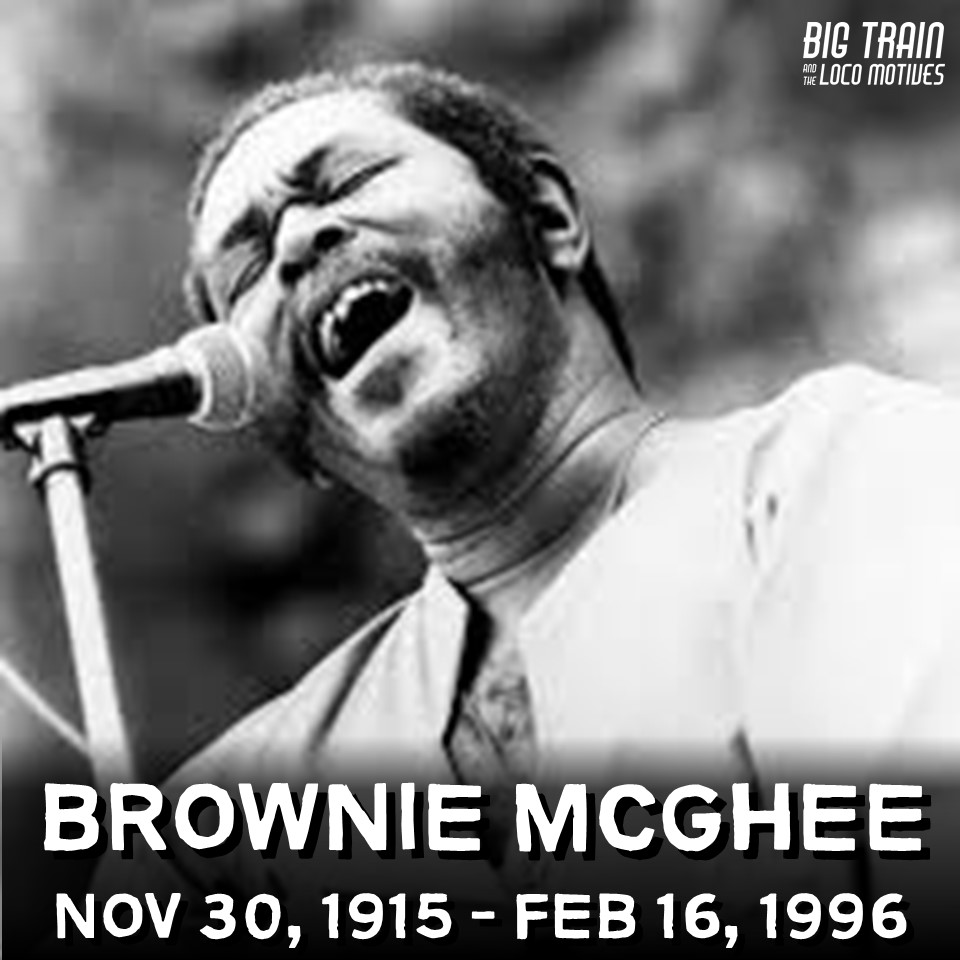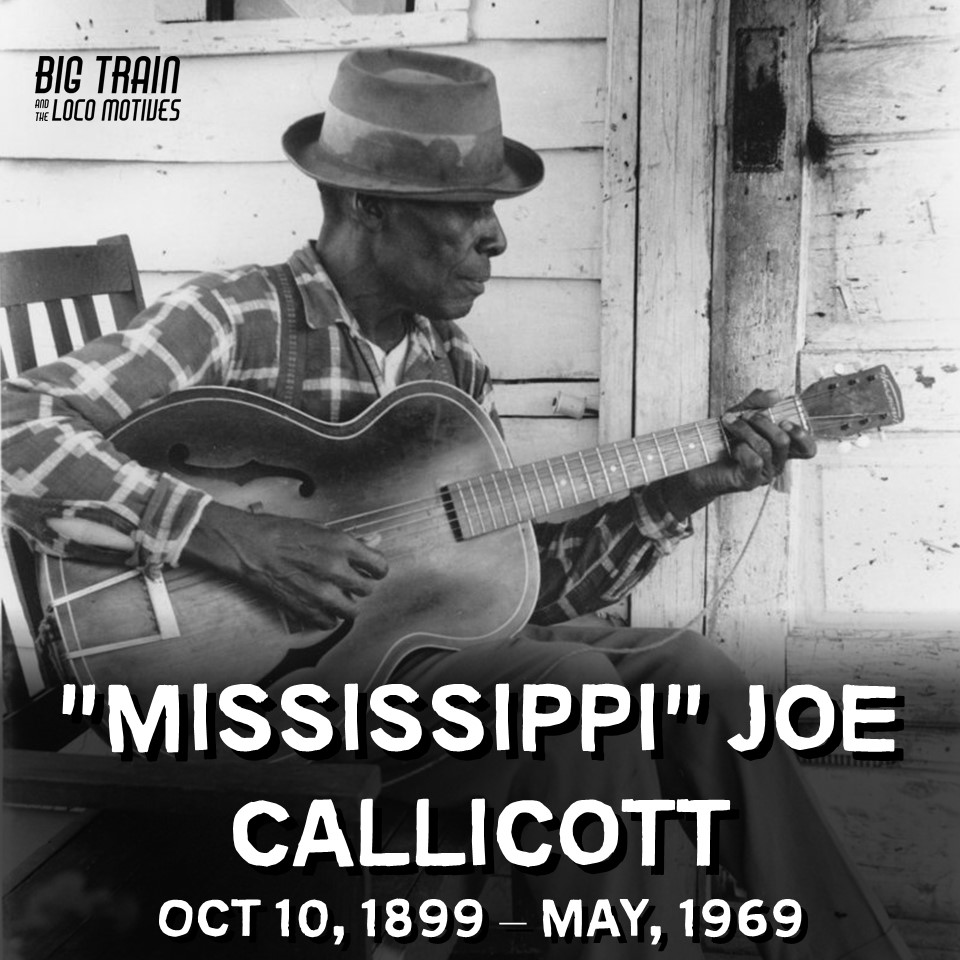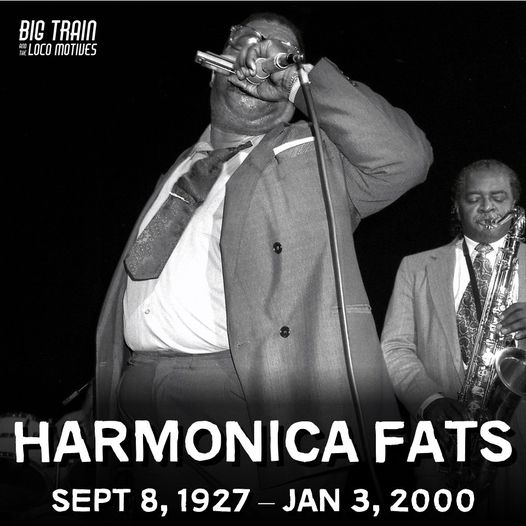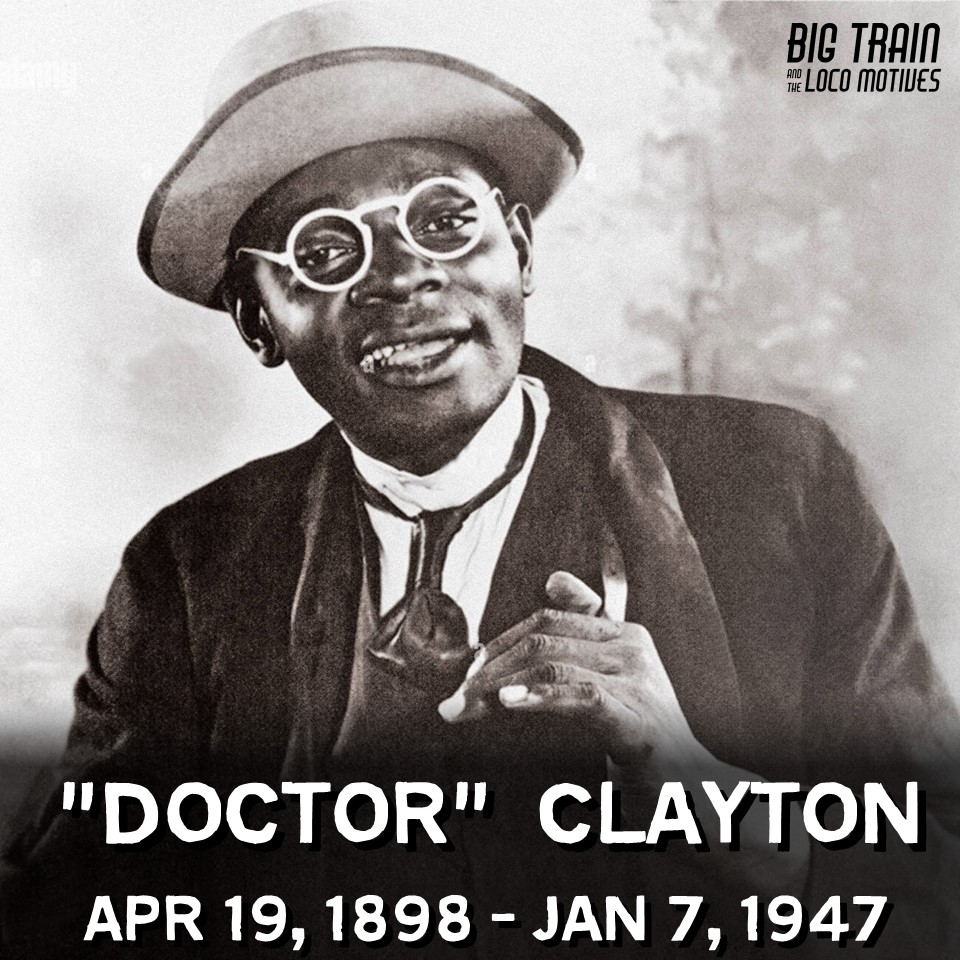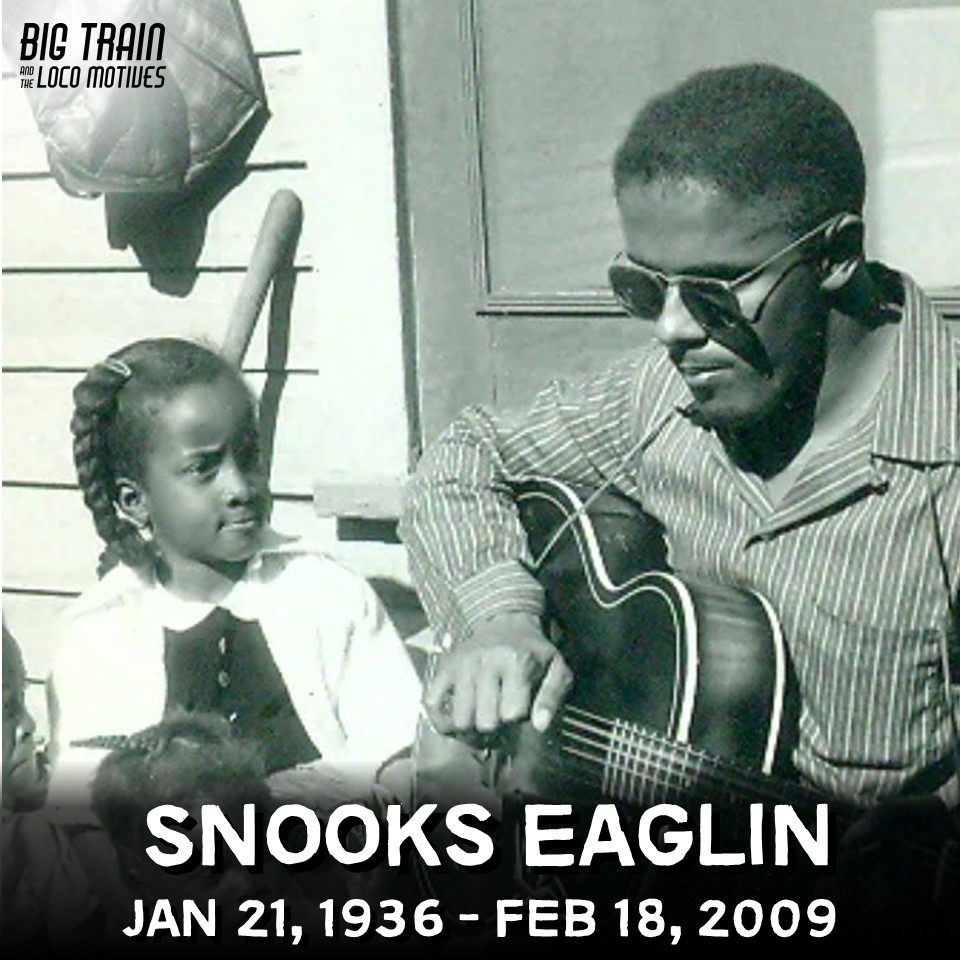
HEY LOCO FANS – Happy birthday to blues singer and songwriter Lillian Glinn who was born this day back in 1902 in Hillsboro, Texas, and later moved to Dallas when she was in her twenties.
The blues historian Paul Oliver commented that there were a number of female blues singers who deserve far greater recognition than they have had. Included in this list was Lillian Glinn, which is why we’re telling her story now.
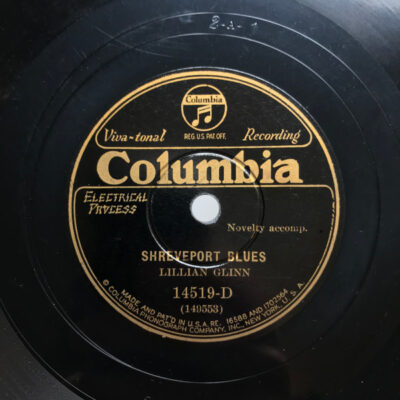 Texas blues singer Hattie Burleson discovered her singing in a Dallas church and encouraged her to pursue a musical career. Dallas entrepreneur R. T. Ashford, who later helped found the Dallas Negro Chamber of Commerce (now the Dallas Black Chamber of Commerce), helped Glinn secure a recording contract with Columbia Records in 1927. She cut her first record for Columbia in December 1927, and over the next two years she recorded more than twenty-two sides, including the popular tunes “Black Man Blues,” “Doggin’ Me,” and “Atlanta Blues.”
Texas blues singer Hattie Burleson discovered her singing in a Dallas church and encouraged her to pursue a musical career. Dallas entrepreneur R. T. Ashford, who later helped found the Dallas Negro Chamber of Commerce (now the Dallas Black Chamber of Commerce), helped Glinn secure a recording contract with Columbia Records in 1927. She cut her first record for Columbia in December 1927, and over the next two years she recorded more than twenty-two sides, including the popular tunes “Black Man Blues,” “Doggin’ Me,” and “Atlanta Blues.”
Glinn, who sang in a heavy contralto voice, was often accompanied by banjo, piano, and bass brass instruments. Her songs, which were often labeled “race music,” revealed her life experiences in Dallas and the harsh realities of life on the streets. Her lyrics, some of which advised other women how to keep their men and how to handle unreliable lovers, often included strong sexual overtones. Between 1927 and 1929 Glinn became nationally known as a result of her recordings.
 On April 24, 1928, she cut her best-known record, “Shake It Down,” in a New Orleans session. In April 1929 she recorded a session in Atlanta, probably accompanied by a White jazz band. Later that year she recorded another session in Dallas that included the pop song “I’m Through (Shedding Tears Over You).”
On April 24, 1928, she cut her best-known record, “Shake It Down,” in a New Orleans session. In April 1929 she recorded a session in Atlanta, probably accompanied by a White jazz band. Later that year she recorded another session in Dallas that included the pop song “I’m Through (Shedding Tears Over You).”
Her musical career, unfortunately, was brief. After recording for only two years she gave up her “secular” work to return to the church. In the early 1930s she moved to California, where she married the Rev. O.P. Smith and distanced herself from her former life. She died in Richmond, California, on July 22, 1978.




